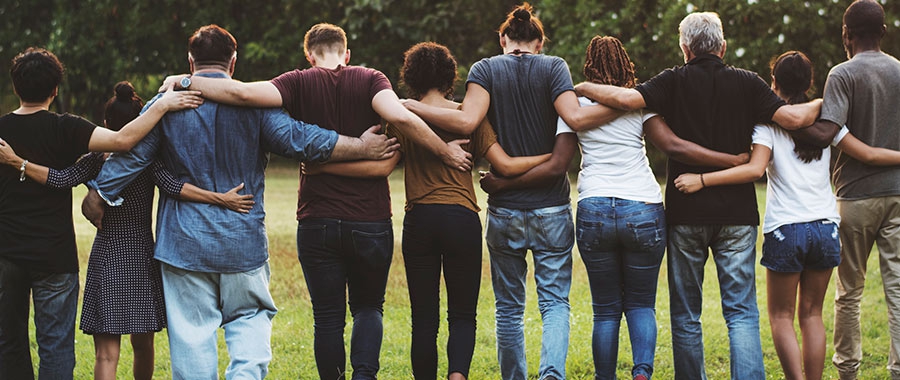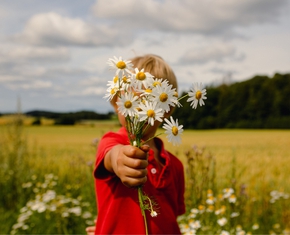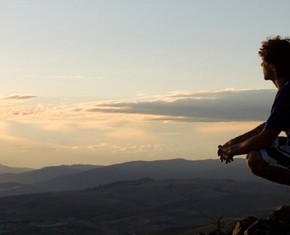All over the world, Baha’is work to increase the level and intensity of inter-religious understanding and love, with the goal of building unified and harmonious societies.
Hoda Mahmoudi, holder of the Baha’i Chair for World Peace at the University of Maryland, recently joined five other international scholars and a number of faith representatives for a critical exploration of the concept of “tolerance” in socially and religiously diverse societies. The venue was the New York University Abu Dhabi (NYUAD) Institute in the UAE.

Current holder of the Baha’i Chair for World Peace, Prof. Hoda Mahmoudi (center), presented at two events in the United Arab Emirates last month.
Titled “Tolerance in the UAE: Histories and Reflections on Religious Tolerance and the Modern Nation-State,” the workshop explored how tolerance is deployed and framed in modern states and how that compares with the lived experiences of religious minorities.
“The traditional understanding of tolerance does not offer a solution for the increasingly complex issues of our time,” said Prof. Mahmoudi in her lecture at the event. She emphasized the need for new theories and conceptions of how society should be organized and how relationships between people should be conceived for the building of deeper and more solid foundations for peace.
“Globalization seems to be pushing aside old institutions that are unable to respond to a rapidly changing world. A new paradigm is needed to explore the axes that divide and to find common areas of understanding that unite,” she explained. “This approach allows for the sharing of common characteristics amongst societies, while also accepting that modernity can take on multiple forms and patterns of institutionalization.”
Professor Mahmoudi also discussed religion’s place in the global transformations under way. “The theory of secularization that was popular in Western academic discourse in the 1960s and 1970s—the idea that as societies became more modern, religion would simply disappear—has been rejected. It is clear that religion remains a central element of the lives of many people in modern societies, and that religious diversity is increasing.
“The question is no longer simply the place of religion in the increasingly contested and changing institutional configurations of states and national cultures, but the contribution of religion in the construction and integration of an interconnected global society,” she concluded.
The unity of the human race, as envisaged by Baha’u’llah, implies the establishment of a world commonwealth in which all nations, races, creeds and classes are closely and permanently united, and in which the autonomy of its state members and personal freedom and initiative of the individuals that compose them are definitely and completely safeguarded … In such a world society, science and religion, the two most potent forces in human life, will be reconciled, will co-operate, and will harmoniously develop … The causes of religious strife will be permanently removed, economic barriers and restrictions will be completely abolished, and the inordinate distinction between classes will be obliterated. – Shoghi Effendi, The World Order of Baha’u’llah, p. 203.
NYUAD professor Justin Stearns, who co-organized the event, noted that “the workshop brought together representatives of different religious communities in the UAE with academics who work on the roles religion and religious tolerance play in the modern state.
“The workshop was successful in putting these two distinct communities into intense conversation and in throwing light on the various historical trajectories of religious communities in the UAE. In addition, the comparative examples that were discussed helped contextualize the promise and limitations of the very concept of tolerance itself.”
Faith representatives from Muslim, Christian, Jewish, Baha’i, Sikh, and Hindu communities in the UAE attended the workshop on 13-14 November 2017. It was one of two events that involved the Baha’i Chair in the UAE that week. The second was a panel on the role of women in creating inclusive societies, held at the Dubai International Financial Center on 18 November.
















Comments
Sign in or create an account
Continue with Googleor